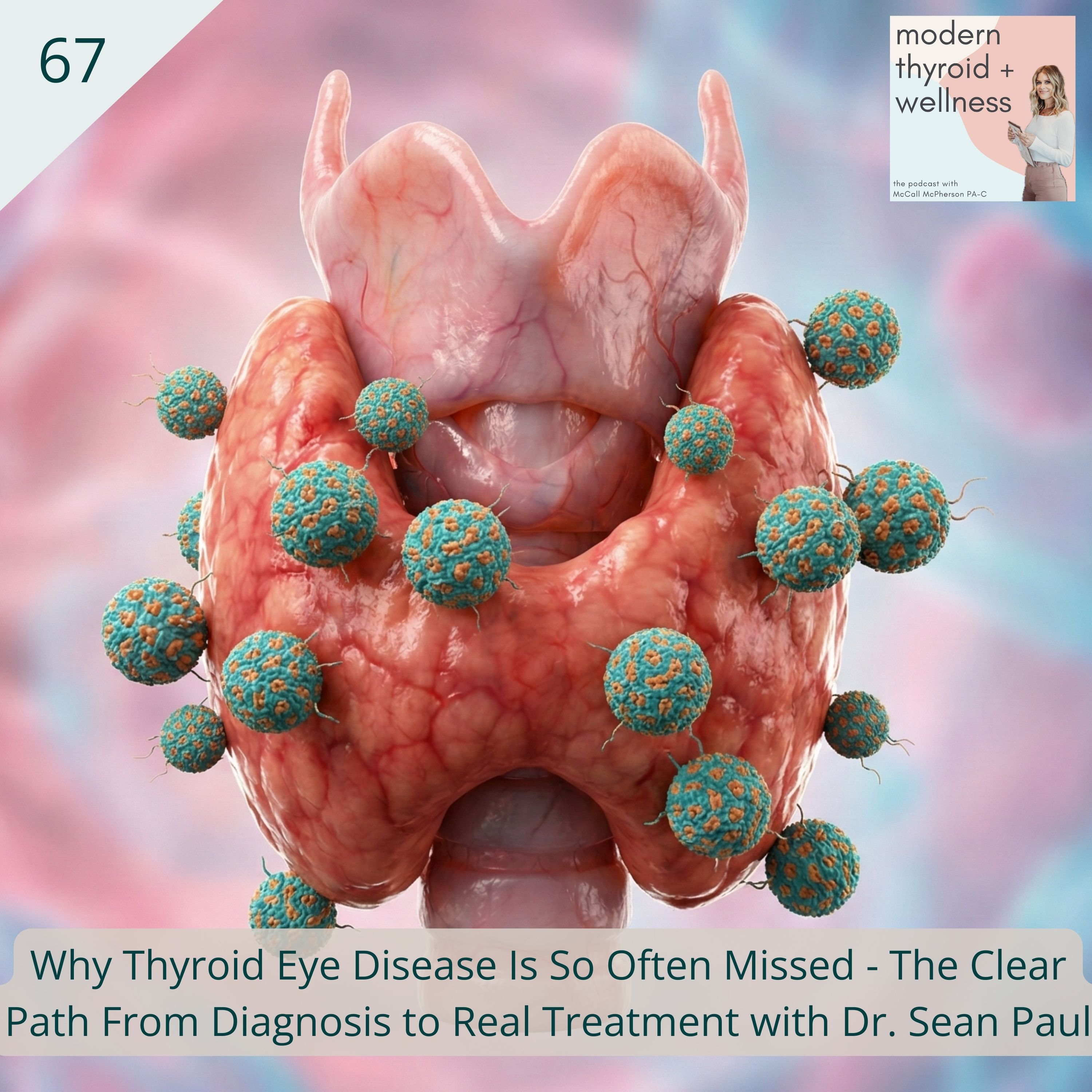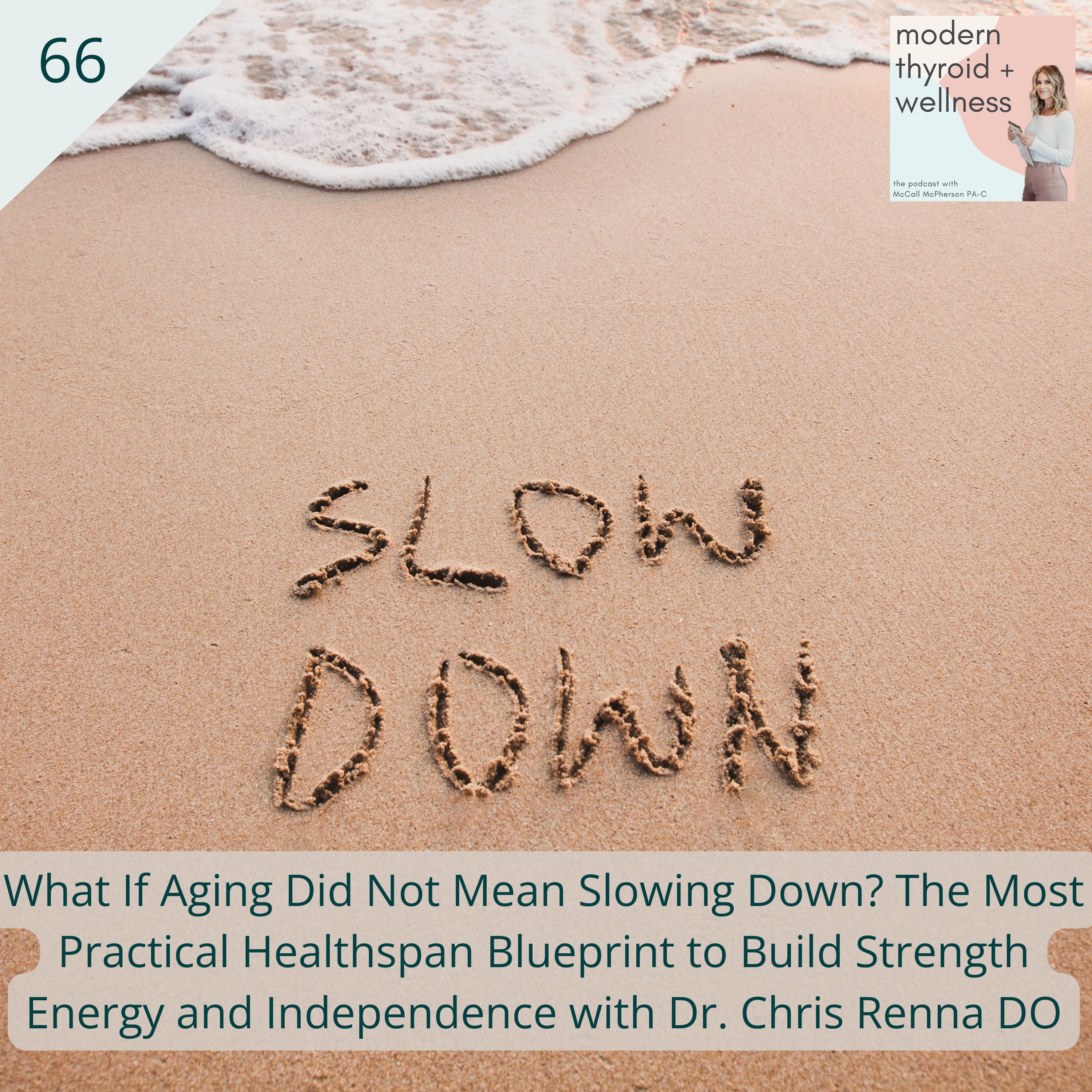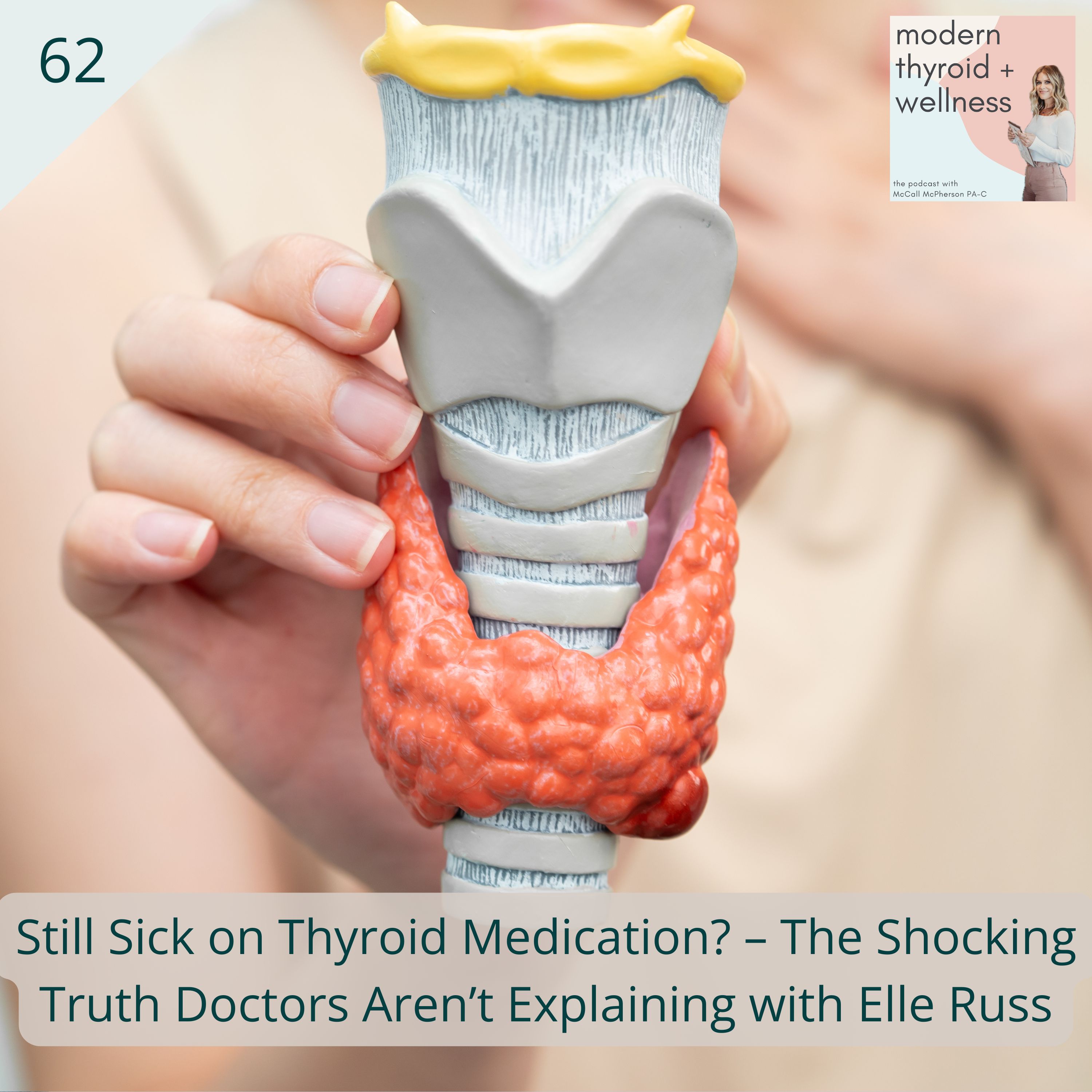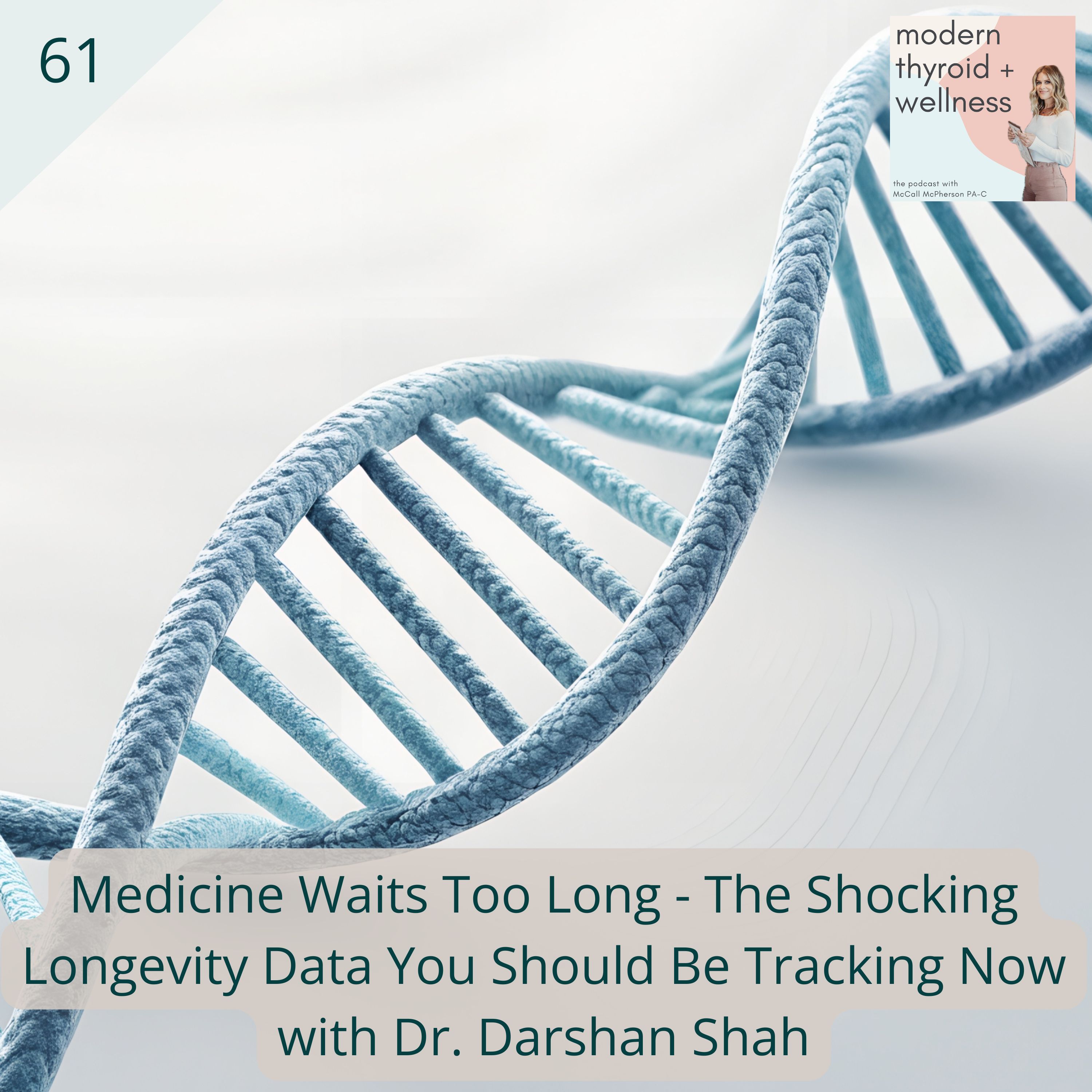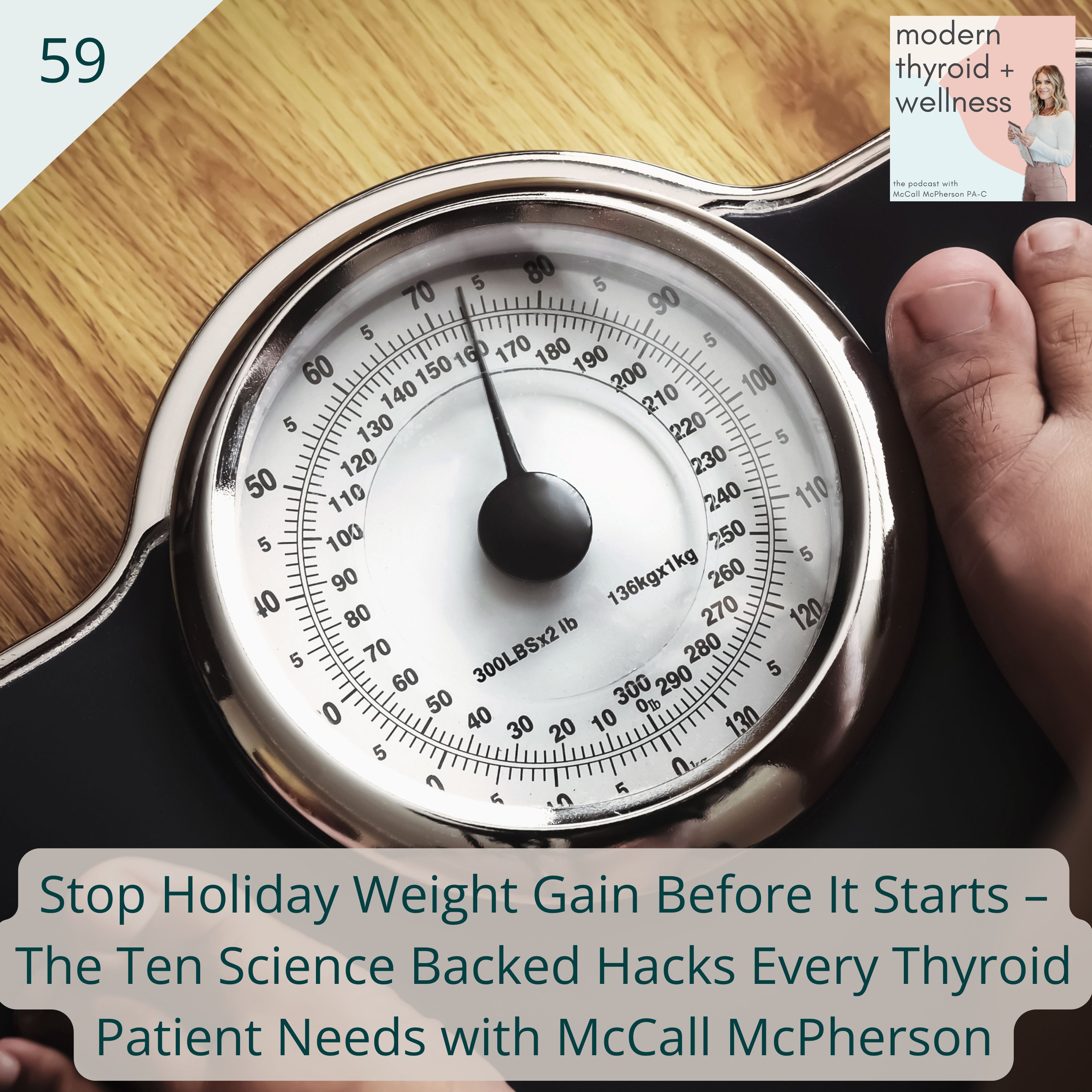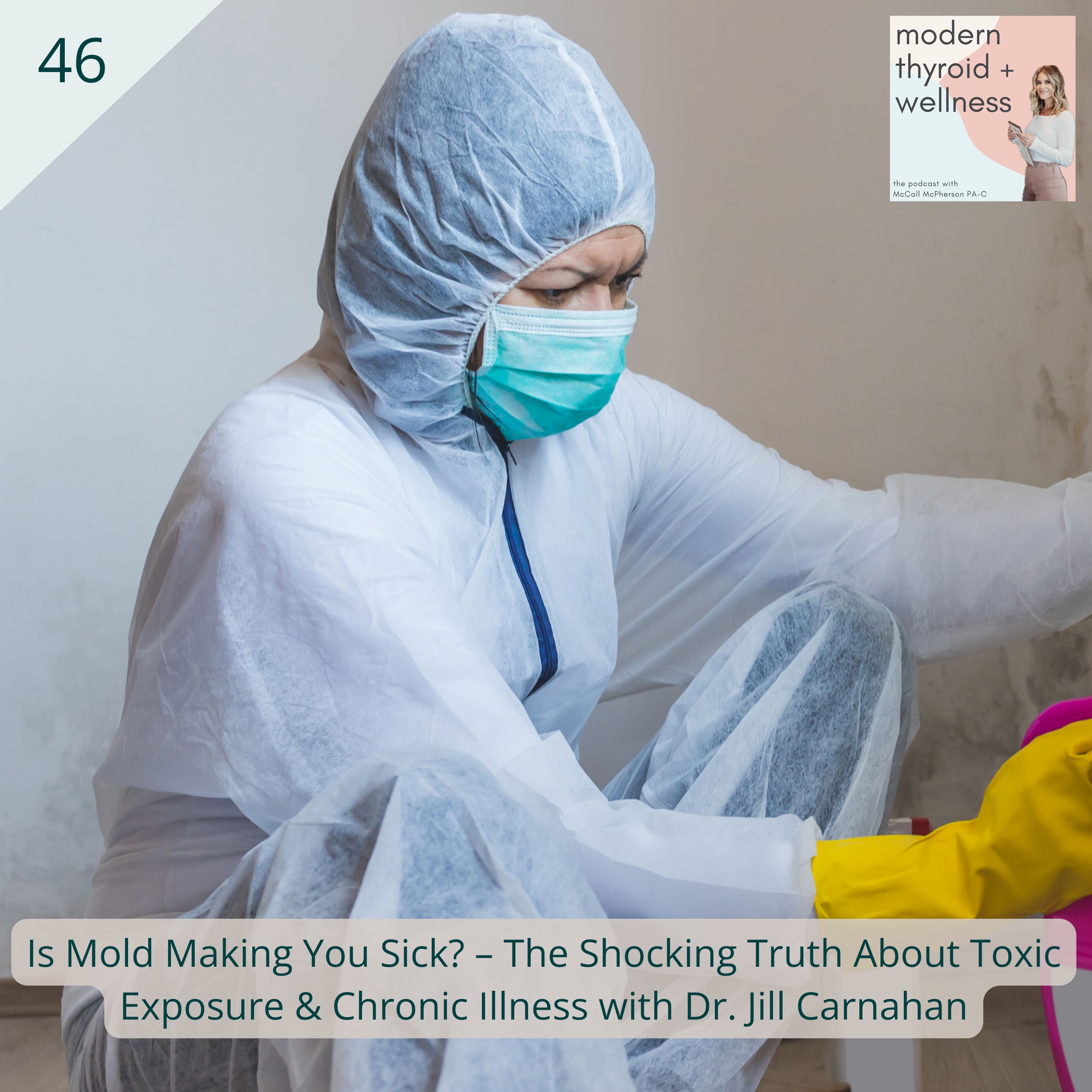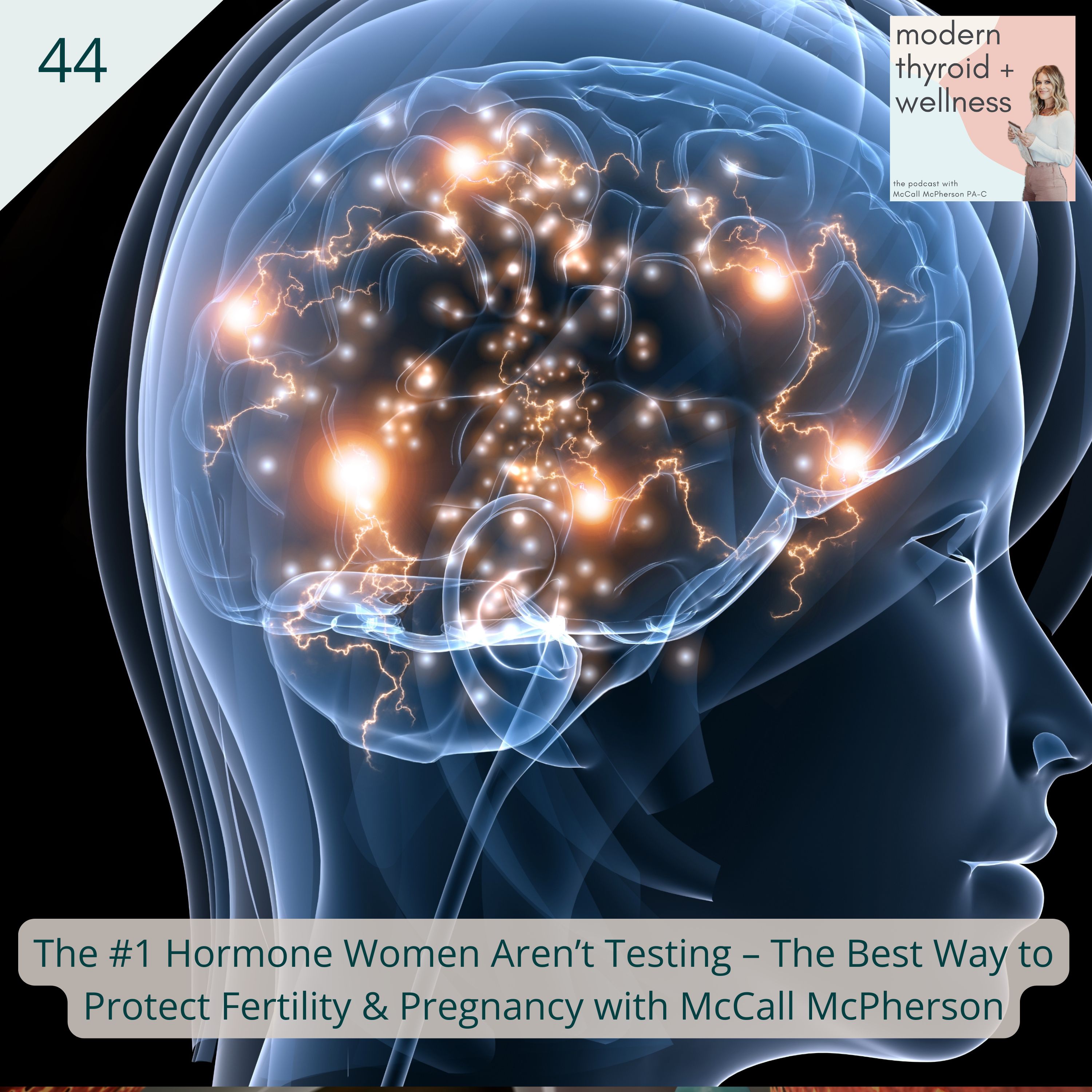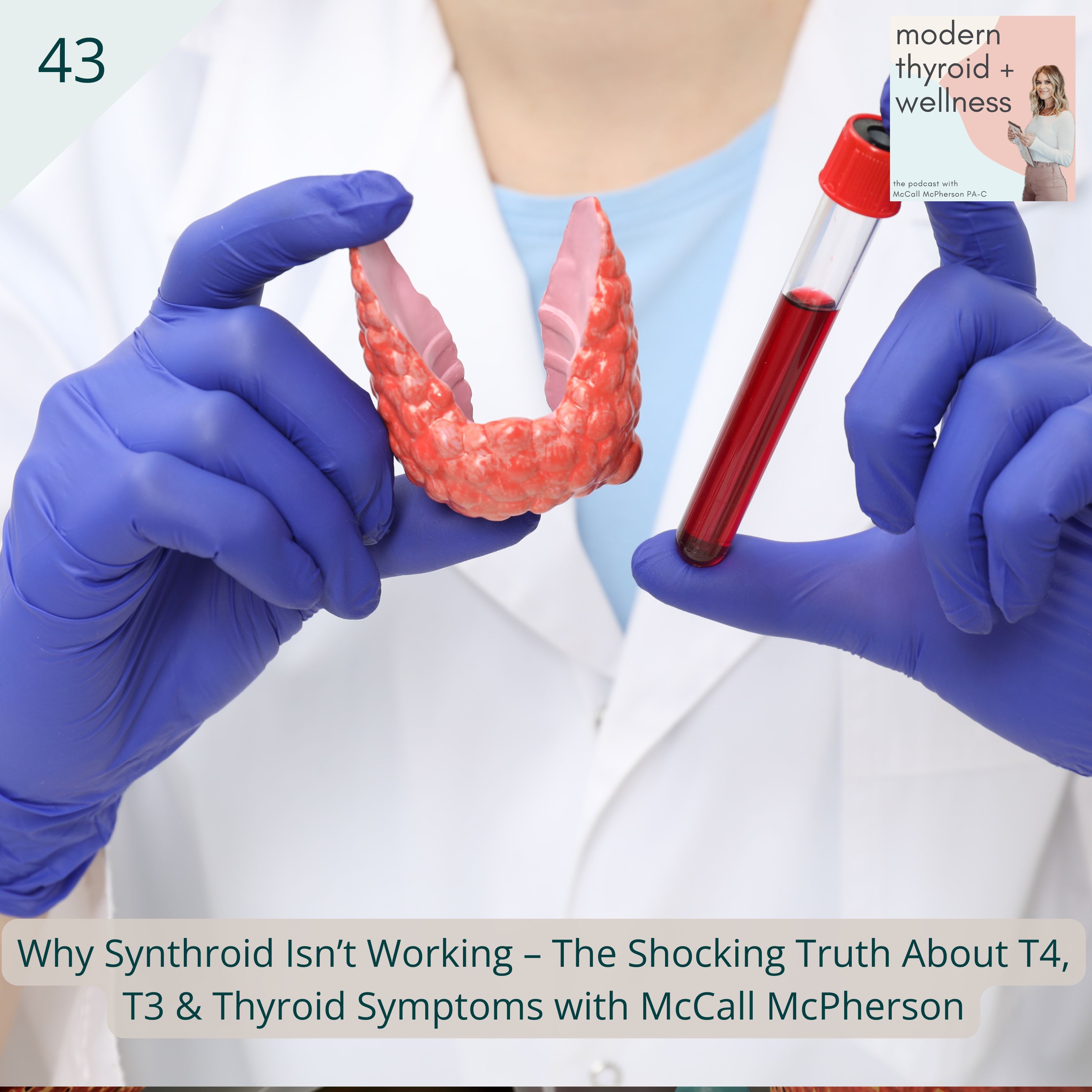

Subclinical hypothyroidism is often dismissed as mild or not yet worth treating, but taking a wait and watch approach may be costing patients their health, energy, and precious years of life. This post summarizes key insights from a recent solo podcast episode focused on exposing the hidden dangers of under-treated thyroid dysfunction and the urgent need for a more proactive approach to care.
Definition
Subclinical hypothyroidism is diagnosed when a patient has an elevated TSH (thyroid-stimulating hormone) level with a normal T4 (thyroxine) level. In simple terms, the brain is signaling the thyroid to work harder, yet the inactive thyroid hormone in the bloodstream still appears within the normal range.
Key Point
Despite normal lab values, many individuals experience profound symptoms such as fatigue, weight gain, depression, anxiety, hair loss, cold intolerance, constipation, and brain fog.
Two influential studies from 2004 and 2019 concluded that treating subclinical hypothyroidism with levothyroxine provides little improvement unless TSH levels are above 10. As a result, many clinicians delay treatment until patients reach extremely elevated TSH values.
These studies assumed levothyroxine (a synthetic T4 hormone) works effectively for everyone. In reality, T4 must be converted within the body to T3, the active hormone responsible for metabolism, brain function, mood, and energy. Many people do not convert T4 into T3 efficiently, meaning their symptoms persist even with treatment.
Actionable Insight
If you have symptoms and an elevated TSH, do not accept the phrase let us wait and see without asking questions.
A 2010 JAMA study involving more than 55,000 patients found:
• 68 percent increased risk of heart attack
• 37 percent increased risk of cardiovascular-related death
Ignoring early thyroid dysfunction can significantly elevate life-threatening risk.
Subclinical hypothyroidism is strongly connected to metabolic disorders including:
• Non-alcoholic fatty liver disease
• Higher likelihood of insulin resistance
These conditions are major contributors to diabetes and heart disease.
Low T3 levels have been linked to:
• An 18-fold increase in dementia risk
• Cognitive decline, memory loss, and persistent brain fog
Even patients treated with T4-only therapy can have low T3 and ongoing cognitive impairment.
Women over 50 with subclinical hypothyroidism face:
• 13 times higher risk of osteoporosis
• 16 times higher risk of frailty
This increases the risk of fractures, falls, and loss of independence.
Relying solely on levothyroxine ignores a critical biological process. If the body cannot convert T4 to T3 effectively, real improvement will not occur.
Many patients experience meaningful transformation using combination therapy such as T4 plus T3 or T3 alone. Personalized care often restores clarity, mood, energy, weight balance, and overall joy.
Key Takeaway
Treatment decisions should be based on symptoms and function, not just a lab number printed on paper.
• Track symptoms consistently
• Ask for a full thyroid panel including TSH, free T4, free T3, and thyroid antibodies
• Advocate for early treatment rather than waiting for TSH to reach 10
• Monitor cardiovascular, metabolic, and bone health markers
• Consider early intervention when symptoms are present
• Evaluate the full clinical picture rather than TSH alone
• Explore combination therapy options
• Educate patients about the long-term risks of untreated thyroid dysfunction
The speaker shares a personal story of becoming bedridden at age 27 due to untreated thyroid dysfunction. This highlights the emotional and physical toll experienced when care is delayed. The consequences are not only laboratory values, but lost years, diminished relationships, and preventable suffering.
Subclinical hypothyroidism is neither mild nor insignificant. The research is clear: early, individualized treatment has the potential to prevent chronic disease, protect long-term health, and dramatically improve quality of life.
If you or someone you care about has symptoms and a slightly elevated TSH, do not settle for outdated advice. Speak up, ask for complete testing, and push for a proactive and personalized treatment plan.


